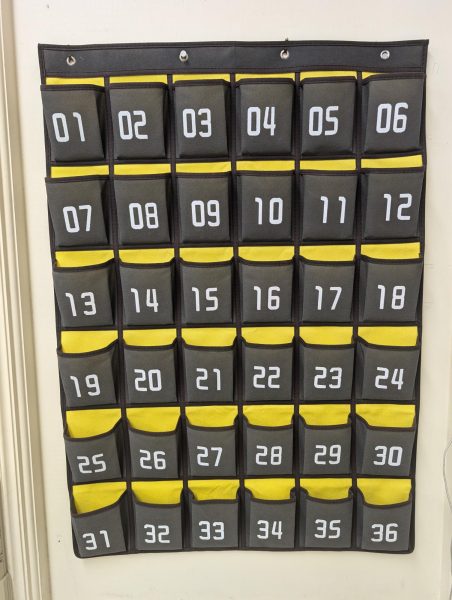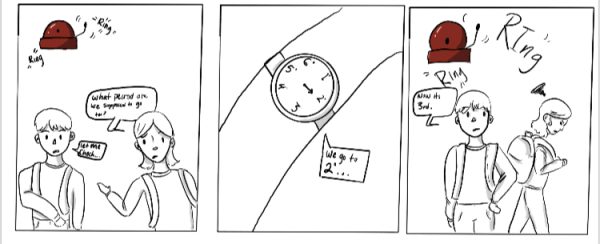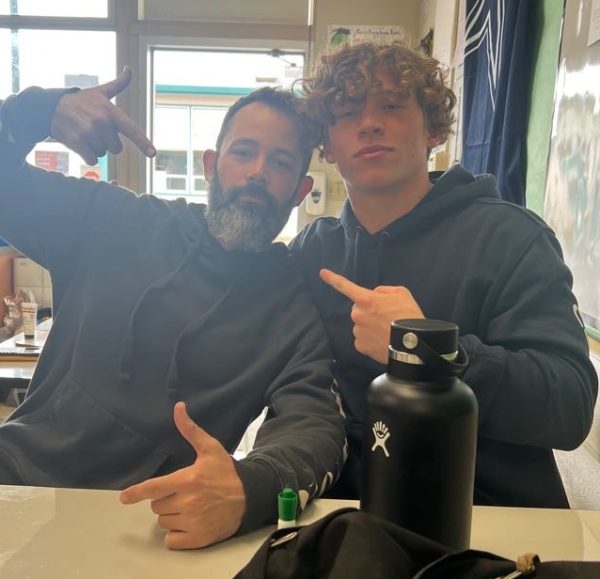California Passes Bill Setting the Stage for Slavery Reparations
Governor Gavin Newsom has signed a monumental civil rights bill mobilizing a task force of scholars to draft recommendations for a bill that would provide reparations for slavery.
Signed on October 1, California Assembly Bill 3121 creates a diverse nine-person colloquium of legal scholars and civil rights leaders that will analyze the continuing negative effects of slavery, Jim Crow laws, and other historic systemically racist laws on the economic and social conditions of African Americans in California and throughout the United States. According to the text of the bill, the symposium has the further responsibility of drafting recommendations for legislation that would both provide financial reparations for African American communities affected by the United States’ history of slavery and systemic racism and amend current California laws that negatively and disproportionately affect African American communities. These legislative recommendations must be submitted to the legislature no later than 2023, signaling that California could be offering substantial reparations to Black communities within the next few years.
Assemblymember and chair of the California Legislative Black Caucus Shirley Weber (D-San Diego) authored the bill.
This bill is the first large legislative step taken by any state government to ameliorate the impact that slavery and contemporary systemic racism have had on the economic conditions of our African American communities. The bill has been lauded by civil rights organizations such as ADOS (African Descendents of Slavery), a civil rights organization whose primary mission is economic empowerment of African American communities through reparations, as a crucial step in the political struggle for civil rights.
Sacramento based ADOS representative Chris Lodgson said in a written statement, “Senate passage of AB 3121 brings our great state of California one step closer to finally confronting its legacy of supporting the institution of Slavery, Jim Crow, and ongoing racial exclusion.”
“The fight is not over. We look forward to the opportunity for follow-up in the upcoming legislative session where AB 3121 can be enhanced to ensure it meets this historic moment in our nation’s history,” claimed Lodgson.
Newsom also signed two other criminal justice system reform bills in concurrence with AB 3121; AB 2532 “The California Racial Justice Act” and AB 3070 a bill that seeks to eliminate discrimination in jury selection.
According to a press release issued by the state, these two bills respectively.
These three bills are quintessential examples of the sweeping influence that wide-reaching populist protest movements have on the legislative priorities of our local, state, and federal governments. Gavin Newsom referenced the ongoing Black Lives Matter protests as inspiration for his support of the recently passed bills. Similarly, the policy platform of Democratic Presidential nominee Joe Biden now includes reforms to the criminal justice system, specifically to law enforcement, largely as a result of the BLM movement.
The BLM movement, whose resurgence into was sparked in late May by the murder of George Floyd, is a social and political movement that seeks to address systemic racism, specifically within the criminal justice system. The BLM protests peaked on June 6 this year making them the largest protests in the history of our nation; spanning all 50 states and involving tens of millions of people according to the Crowd Counting Consortium.
Sonoma held a BLM rally of its own on June 4, drawing hundreds of people from all generations both young and old; inscribing the town’s name in the halls of history, as we stood in solidarity with the protest movement that has changed the world, and continues to change the course of our history.
BLM is the latest incarnation of a decades-long struggle for Civil Rights. Their efforts have and will continue to impact our popular culture, political discourse, and the legislative priorities of our governments. AB 3121 is one of the first steps taken by our governments to fulfill the wishes of the American people, one of whose major voices is BLM.






